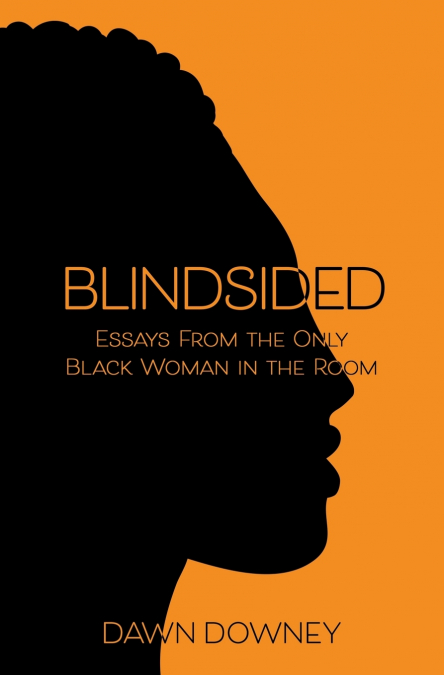
 Librería Perelló (Valencia)
Librería Perelló (Valencia)
 Librería Aciertas (Toledo)
Librería Aciertas (Toledo)
 Librería Elías (Asturias)
Librería Elías (Asturias)
 Donde los libros
Donde los libros
 El AlmaZen del Alquimista (Sevilla)
El AlmaZen del Alquimista (Sevilla)
 Librería Kolima (Madrid)
Librería Kolima (Madrid)
 Librería Proteo (Málaga)
Librería Proteo (Málaga)
We strive for authenticity, but expediency often demands we suppress our true feelings. Dawn Downey struggles to find her genuine self, as she navigates her white surroundings. She wages an internal war, her intuition recognizing bigotry and her intellect wanting-needing-to deny it. At the end of any given day, she is angry. She is weary. She despairs. 'You get to hopeless by sinking,' she tells us. 'I sank through dreamlike images of shackles, chains, branding irons, whips, ropes, nightsticks, burning crosses, and fire hoses. Bloodhounds on my trail, police dogs at my throat. I crashed through all the places that are supposed to be safe: school yards, lunch counters, courthouses, and church basements. From nigger to nigra to colored to negro to black to african-american and back again. Strange fruit. Centuries-old images absorbed from textbooks. Civil rights marches flickering across the family television. Labels, passed down from one generation to the next, labels meant to hold me apart, the other.' When a family member transforms a racist artifact, the act of redemption explodes her self-concept. She re-examines old beliefs, and on the other side of hopeless, discovers her Black power. Downey prompts us to consider how we find our authentic selves in the heart of our discomfort.